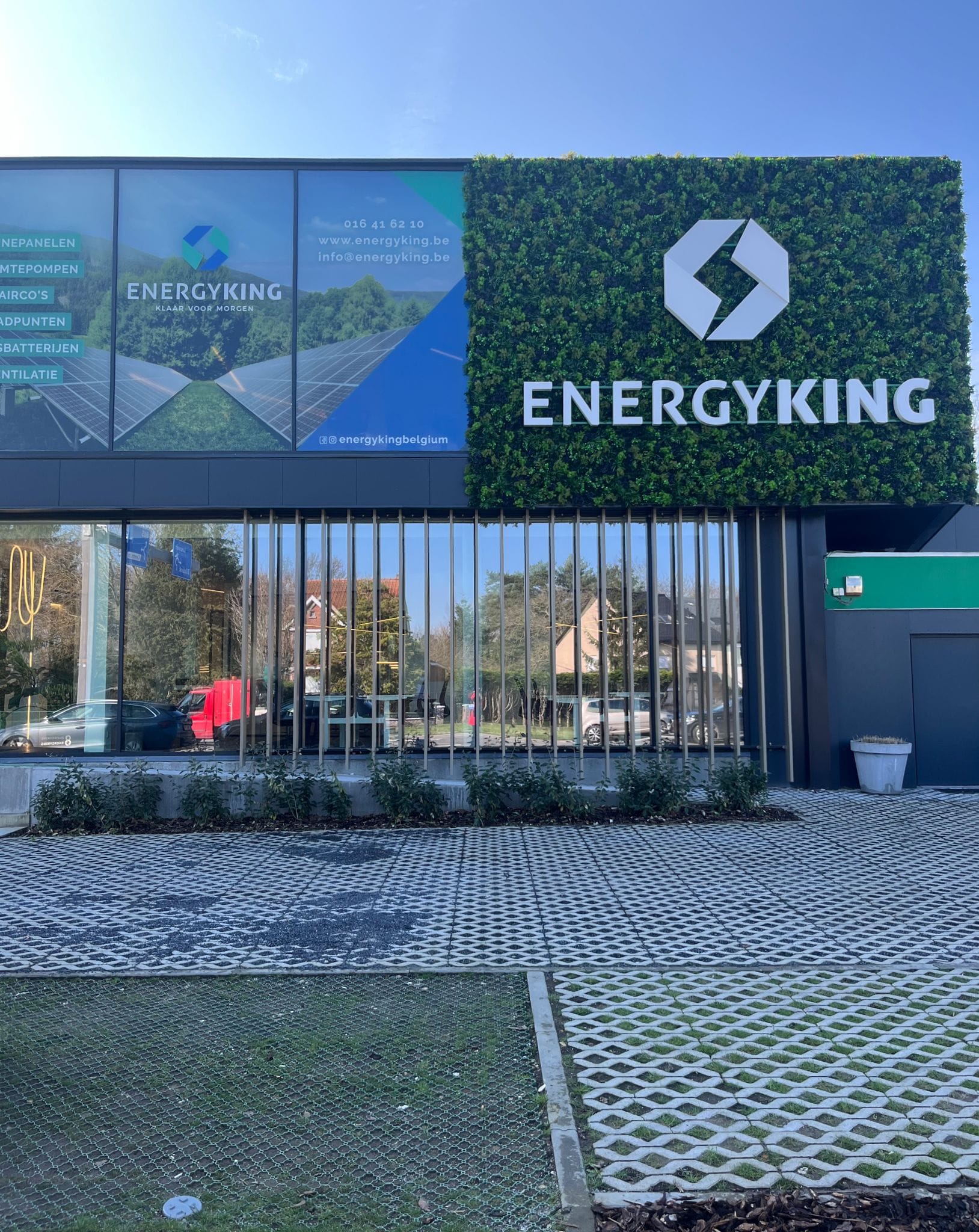De Belgische autowereld ondergaat een indrukwekkende transformatie, gedreven door de opkomst van elektrische voertuigen (EV’s). Recentelijk vrijgegeven cijfers van het statistiekbureau Statbel onthullen dat het aantal EV’s in België verdubbeld is in slechts één jaar. In 2022 waren er 71.651 elektrische voertuigen, en dit aantal is in 2023 gestegen tot een opmerkelijke 138.749. Deze buitengewone groei werpt een licht op de verschuiving in het autolandschap, met opvallende trends en fascinerende statistieken.
Elektrificatie in de Fast Lane
De cijfers laten zien dat de elektrificatie van de Belgische wegen in een stroomversnelling is geraakt. De EV’s zijn bijna verdubbeld, waarmee ze een aanzienlijk deel van het totale aantal geregistreerde voertuigen vertegenwoordigen. In 2022 waren ze goed voor een aandeel van 3,7 procent, maar in 2023 zijn ze gestegen naar 7,3 procent. Deze opmerkelijke toename is een teken van een groeiend bewustzijn van milieuvriendelijke mobiliteit en de groeiende acceptatie van EV’s.
Zakelijk Elektrisch: Een Trend in Opkomst
Een intrigerend aspect van deze opkomst is de rol van bedrijven in de adoptie van elektrische voertuigen. Niet minder dan 81 procent van de geregistreerde elektrische voertuigen staat op naam van een vennootschap, wat neerkomt op 112.056 auto’s. Slechts 26.440 elektrische auto’s behoren tot particuliere eigenaren. Deze statistiek suggereert dat bedrijven een voortrekkersrol spelen in het stimuleren van elektrische mobiliteit, wellicht gedreven door milieuoverwegingen en gunstige belastingvoordelen voor bedrijfswagens.
Hybride Groei: Een Tussenstop op de Weg naar Elektrificatie
Naast de spectaculaire stijging van het aantal elektrische voertuigen valt ook de groei van hybride auto’s op. Momenteel maken hybride voertuigen 8,9 procent uit van het totale wagenpark, met een stijging van 43,4 procent ten opzichte van 2022. Opvallend is dat, net als bij EV’s, bedrijfswagens de meerderheid vormen in de hybride categorie. Bijna zes op de tien hybride voertuigen zijn geregistreerd op naam van een vennootschap, terwijl particuliere eigenaren 41 procent vertegenwoordigen.
De Elektrische Toekomst
Met het leeuwendeel van de elektrische auto’s die dienen als bedrijfswagens, is het duidelijk dat de zakelijke wereld een cruciale rol speelt in de overgang naar duurzame mobiliteit. De vraag rijst of deze trend zal doorzetten en of particulieren in de nabije toekomst een grotere rol zullen spelen in de adoptie van elektrische voertuigen. Met technologische vooruitgang en een groeiend bewustzijn van milieukwesties lijkt de elektrische toekomst van België opwindend en veelbelovend.
Diesel op de Terugweg
Terwijl elektrische en hybride voertuigen floreren, lijkt de traditionele dieselauto terrein te verliezen. Het aantal dieselauto’s is in 2023 met 9,2 procent gedaald ten opzichte van het voorgaande jaar. Deze daling versnelt de trend die al sinds 2015 gaande is. In contrast hiermee blijft het aantal benzinewagens toenemen, wat aantoont dat benzine nog steeds een prominente positie inneemt in het Belgische wagenpark.
Conclusie
België staat aan de vooravond van een elektrische revolutie, met een ongekende groei van elektrische voertuigen in slechts één jaar. Bedrijven spelen een sleutelrol in deze opkomst, terwijl hybride auto’s ook aanzienlijke groei laten zien. De daling van dieselauto’s onderstreept de veranderende voorkeuren van consumenten en de verschuiving naar schonere, groenere mobiliteit. De cijfers tonen aan dat België niet alleen getuige is van een verandering in de autokeuze, maar ook van een evolutie naar een duurzamere en milieuvriendelijkere toekomst op de weg.






